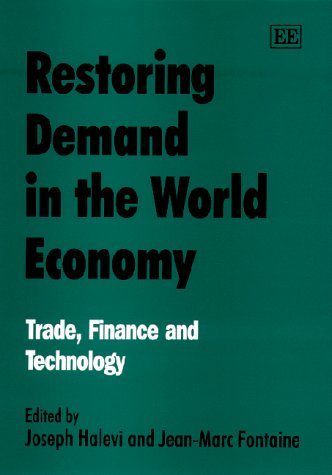Question
1. Suppose that increases in the money supply lead to a rise in stock prices. Does this mean that when you see that the money
1. Suppose that increases in the money supply lead to a rise in stock prices. Does this mean that when you see that the money supply has sharply increased in the past week, you should go out and buy stocks? Why or why not?
2.If you read in the Wall Street Journal that the smart money on Wall Street expects stock prices to fall, should you follow that lead and sell all your stocks?
3.If higher money growth is associated with higher future inflation, and if announced money growth turns out to be extremely high but is still less than the market expected, what do you think will happen to long-term bond prices?
4. After careful analysis, you have determined that a firms dividends should grow at 7%, on average, in the foreseeable future. The firms last dividend was $3. Compute the current price of this stock, assuming the required return is 18%
Step by Step Solution
There are 3 Steps involved in it
Step: 1

Get Instant Access to Expert-Tailored Solutions
See step-by-step solutions with expert insights and AI powered tools for academic success
Step: 2

Step: 3

Ace Your Homework with AI
Get the answers you need in no time with our AI-driven, step-by-step assistance
Get Started


